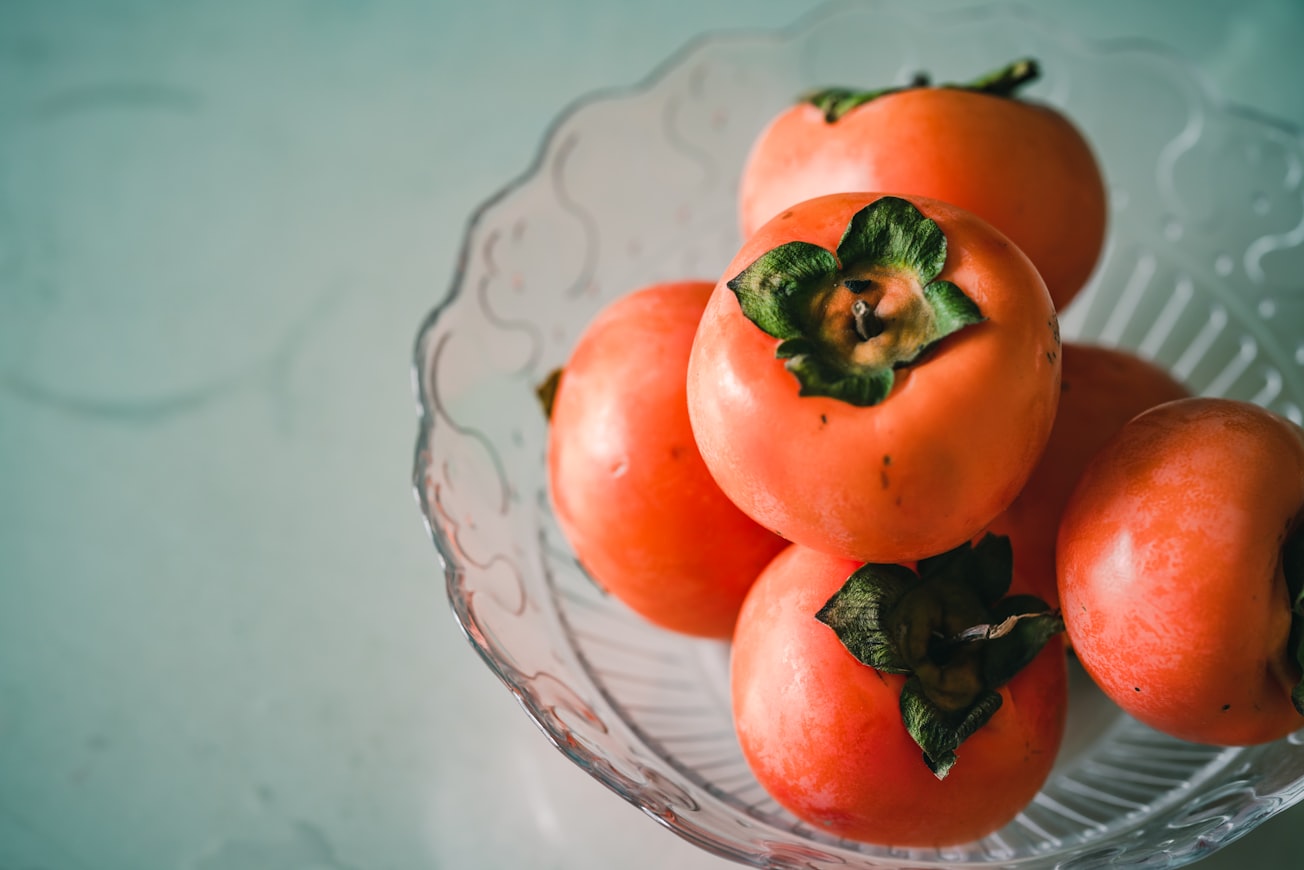What is it about?
Polyphenols from persimmon (Diospyros kaki L.) have demonstrated radical-scavenging and anti-inflammatory activities; however, little is known about the effects of persimmon phenolics on inflammatory bowel diseases (IBD) and colorectal cancer (CRC). As such, this work aimed to characterize the anti-inflammatory and antiproliferative effects of a persimmon phenolic extract, using an in vivo model of experimental colitis and a model of cancer cell invasion. Results showed, for the first time, a beneficial effect of a persimmon phenolic extract in the attenuation of experimental colitis and a potential antiproliferative effect on cultured colon cancer cells. Administration of persimmon phenolic extract to mice with TNBS-induced colitis led to a reduction in several functional and histological markers of colon inflammation, namely: attenuation of colon length decrease, reduction of the extent of visible injury (ulcer formation), decrease in diarrhea severity, reduced mortality rate, reduction of mucosal hemorrhage and reduction of general histological features of colon inflammation. In vitro studies also showed that persimmon phenolic extract successfully impaired cell proliferation and invasion in HT-29 cells. Further investigation showed a decreased expression of COX-2 and iNOS in the colonic tissue of colitis mice, two important mediators of intestinal inflammation, but there was no inhibition of the gelatinase MMP-9 and MMP-2 activities. Given the role of inflammatory processes in the progression of CRC and the important link between inflammation and cancer, this work's results highlight the potential of persimmon polyphenols as a pharmacological tool in the treatment of patients with IBD.
Featured Image

Photo by Jerry Wang on Unsplash
Why is it important?
Taking into account the overall results, particularly the observed decrease in COX-2 and iNOS expression observed in the colitis models, there is enough evidence in the literature to suggest that persimmon's bioactivity may be multifaceted and involves other mechanisms. Given the role of inflammatory processes in the progression of colorectal cancer and the important link between inflammation and cancer, this work's results evidence the great potential of persimmon phenolics as a pharmacological tool in the treatment of patients with IBD and also for CRC prevention. If one takes into account the amount of fresh persimmon required for the anti-inflammatory and anti-invasion effect observed in this work, which would be one to two persimmons a day, it becomes clear that even the fruit itself exhibits a good potential in preventive and curative diets or supplements. This is particularly important if one considers that many beneficial bioactive phenolic metabolites become toxic above relatively low concentrations.
Perspectives
It is possible that supplementation with a persimmon's extract, may be beneficial in aiding in the treatment of inflammatory bowel disease, in the very least as a compliment to traditional pharmaceutical treatments.
Dr. Rosa Direito
Universidade de Lisboa
Read the Original
This page is a summary of: Dyospiros kaki phenolics inhibit colitis and colon cancer cell proliferation, but not gelatinase activities, The Journal of Nutritional Biochemistry, August 2017, Elsevier,
DOI: 10.1016/j.jnutbio.2017.03.002.
You can read the full text:
Resources
Contributors
The following have contributed to this page







